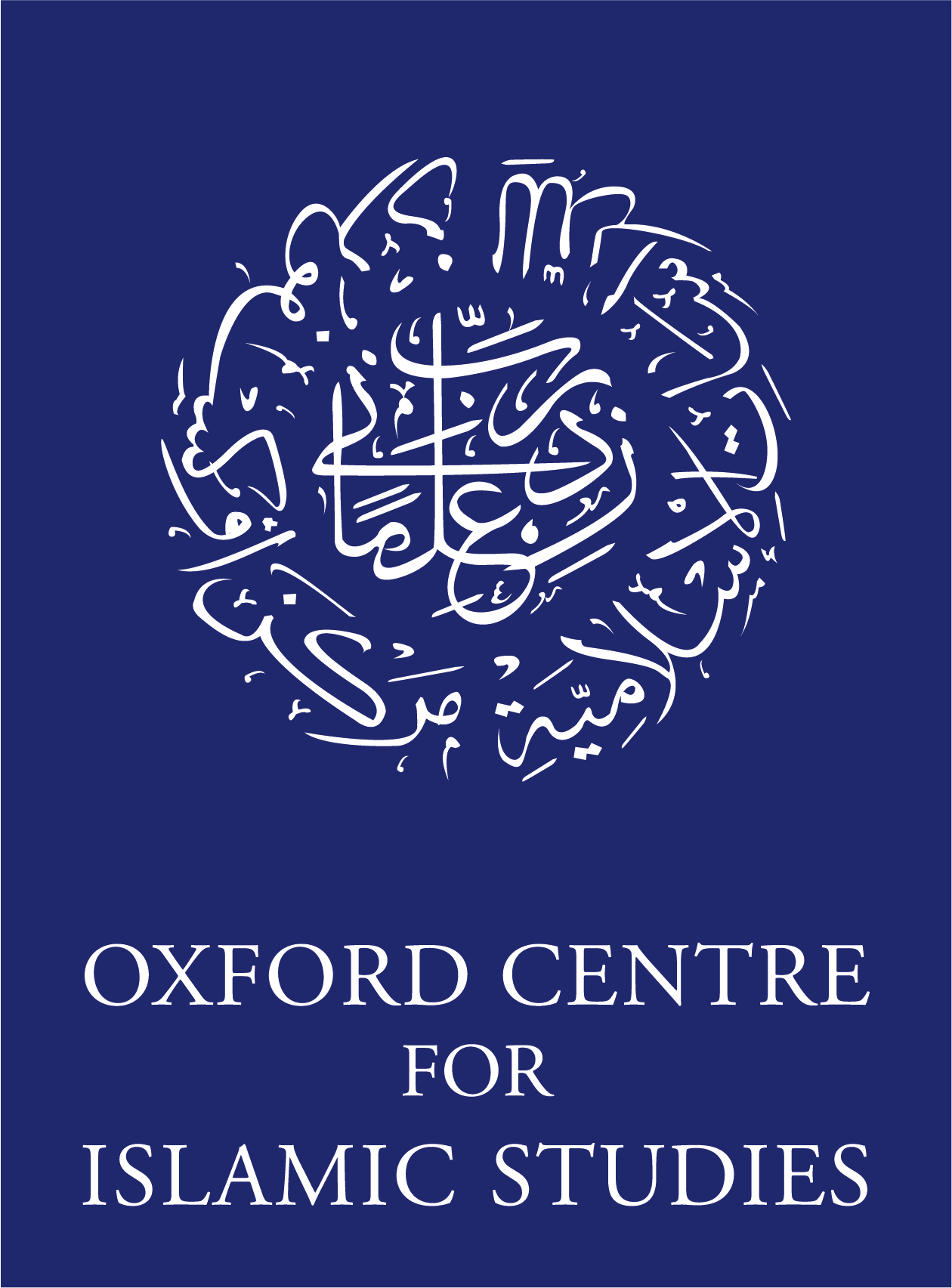How to Overcome Global Crises: Climate Change and Pandemics
Secretary-General Ban Ki-moon, 8th Secretary-General to the United Nations, is the Nelson Mandela Fellow at the Oxford Centre for Islamic Studies. He was welcomed as a Fellow of the Centre in a conferral ceremony on 11 March 2022, after which he gave a public lecture in the Centre's Auditorium.
Ban Ki-moon spoke about how the Covid-19 pandemic and the climate crisis have shone a light on our fundamental interconnectedness: these global crises can only be addressed effectively through global partnership and cooperation. A breakdown of multilateral systems risks hindering our capacity to develop the requisite global solutions. Meanwhile, a lack of political will risks wasting the resources already available to mitigate the harm done by the pandemic and by climate change – be it in relation to administering vaccines or to reducing carbon emissions.
Ban Ki-moon also emphasised that the empowerment of women and young people is vital to achieving our collective goals concerning sustainable development and international peacekeeping. Quality education for all is the first step to ensuring that younger generations are equipped to deal with the world’s most pressing challenges. Invoking the powerful concept of global citizenship, he concluded by imploring the many young people present to raise their voices and to ‘prioritise cooperation, empathy and action in defence of our planet’. These sentiments were reaffirmed in the vote of thanks delivered by the Rt Hon Lord Wood of Anfield, Chair of the UK United Nations Association.
The lecture attracted an audience of more than 400 people, including senior academics, representatives from several diplomatic missions, and many students – filling the Auditorium, as well as two additional lecture spaces to which it was live-streamed.
Click here to watch the complete lecture on our youtube channel.
